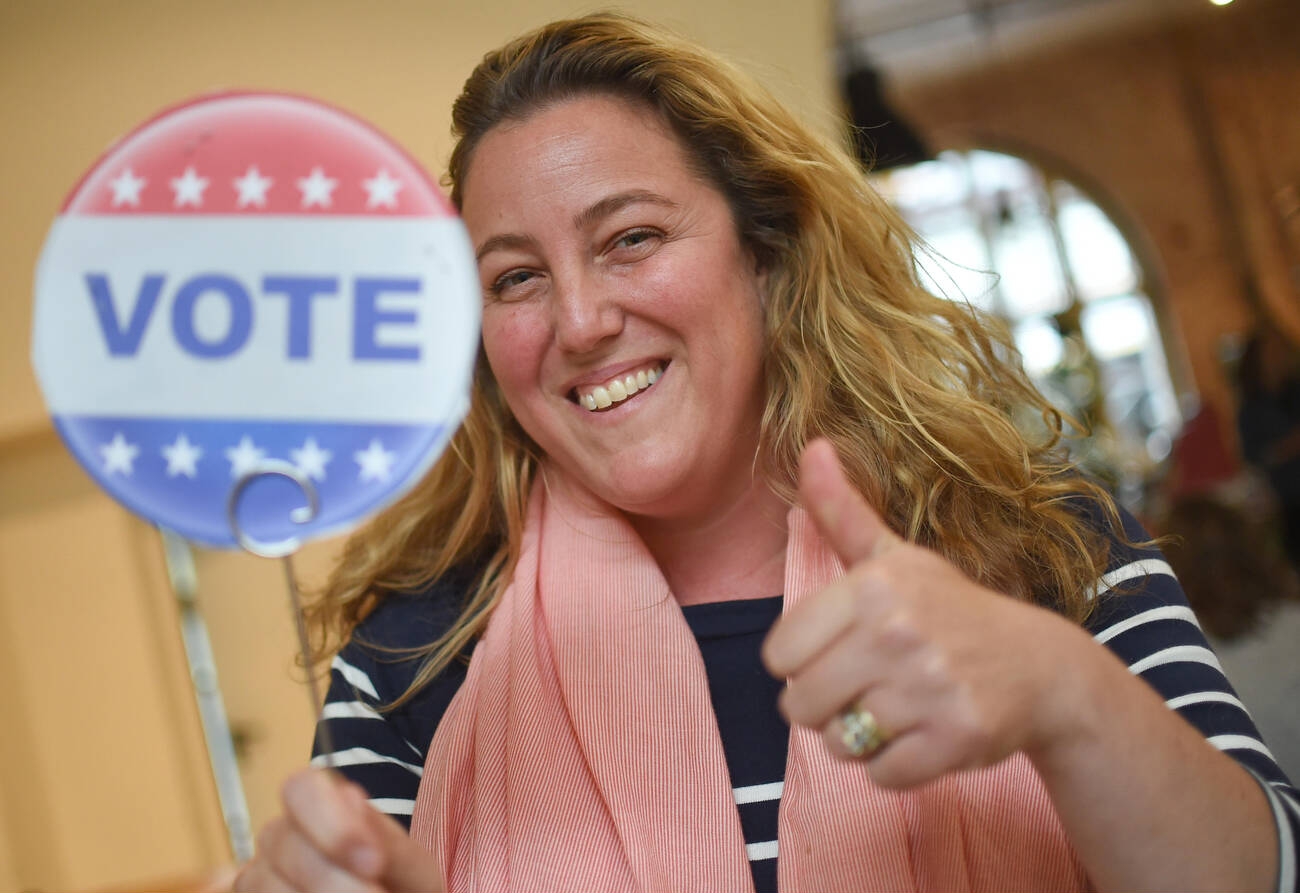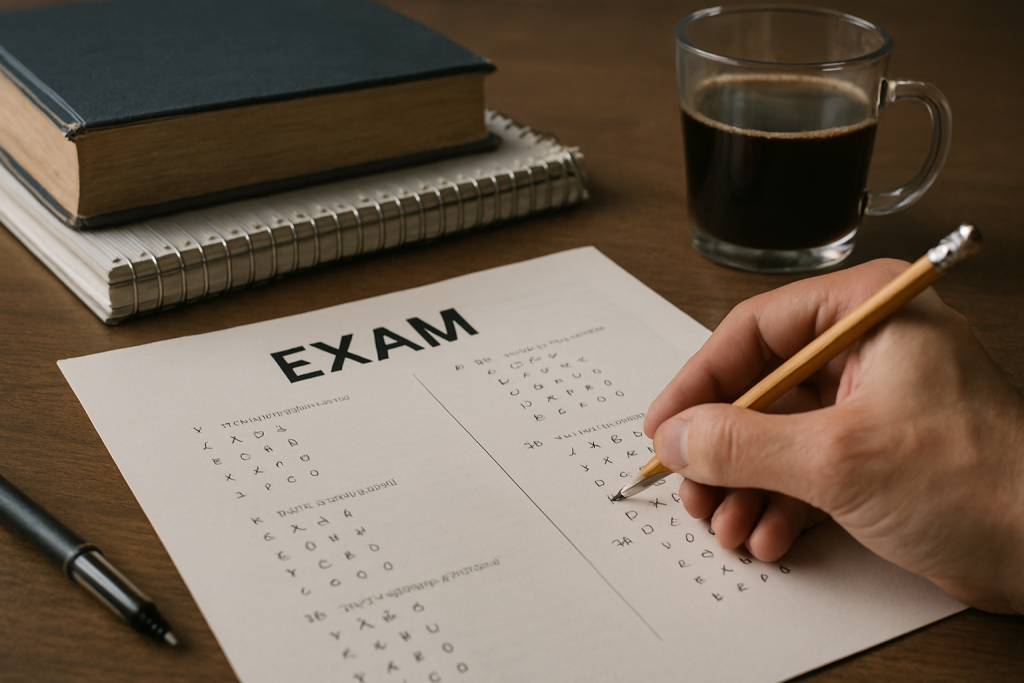Do you trust the accuracy of upcoming U.S. elections? Recent surveys reveal that Americans’ confidence in the casting and counting of votes is declining. According to the Pew Research Center, only 70% of Americans express confidence in election accuracy, a slight increase from previous years. However, this confidence varies based on political affiliation, with Republicans exhibiting higher levels than Democrats. With concerns about foreign interference and historical examples of election accuracy issues, it’s crucial to explore if Americans are portraying confidence in the upcoming U.S. elections.
Current Confidence in Election Accuracy
You can see that confidence in the accuracy of the upcoming U.S. elections has increased since 2016, with 70% of Americans feeling confident in the casting and counting of votes. This portrays confidence in the electoral process and demonstrates faith in our democratic system. While there have been minor problems in the past, such as historical examples of election accuracy issues like Tammany Hall and hanging chads, Americans have maintained their trust in the integrity of elections. It is important to note that actual documented instances of voter fraud are rare, with only 31 credible cases out of over 1 billion ballots cast from 2000 to 2014. These statistics support the notion that our election system functions effectively overall, instilling a sense of confidence among citizens.
Concerns About Foreign Interference
Concerns about foreign interference in the upcoming U.S. elections have been raised due to recent charges of a Russian woman conspiring to interfere in the 2018 midterms. As an American voter, you may be worried about the integrity of the election process. Here are four key points to consider:
- Democrats are more concerned about foreign interference than Republicans, reflecting partisan differences in their reactions to the special prosecutor’s investigation.
- While the Department of Homeland Security secretary sees no indication of current interference, it is important to remember that foreign interference is a problem that does sometimes occur.
- The recent charge against a Russian woman supports concerns about potential meddling in U.S. elections.
- President Trump has also raised concerns about Chinese attempts to disadvantage GOP candidates.
With these factors in mind, it is crucial for voters like yourself to stay informed and remain vigilant against any potential threats to our democratic processes during this election season.
Rare Instances of Voter Fraud
Actual instances of voter fraud are rare, with only 31 credible cases out of over 1 billion ballots cast from 2000 to 2014. You may have heard claims about widespread voter fraud, but the reality is that it is extremely uncommon. The chances of someone trying to manipulate an election by committing voter fraud are incredibly low. Election officials take numerous precautions to ensure the integrity of the voting process, such as verifying voters’ identities and monitoring for any suspicious activity. While no system is perfect, the rarity of documented cases demonstrates that our elections are generally secure and accurate. So rest assured, your vote matters and will be counted properly in this upcoming election.
Factors Influencing Public Confidence
Factors such as media coverage and perceived fairness influence your confidence in the accuracy of elections. The way the media portrays candidates and campaigns can greatly affect how you perceive the election process. If you believe that the media is providing fair coverage and accurately reporting on voter fraud allegations, it can increase your trust in the electoral system. On the other hand, if you feel that the media is biased or not providing comprehensive coverage, it can erode your confidence in election accuracy. Additionally, how election administration and voting technology are portrayed by the media can also impact your perception of accuracy. These factors all play a role in shaping your overall confidence in the fairness and accuracy of elections.
1) Media coverage of elections
2) Perceived fairness of the media
3) Media portrayal of candidates and campaigns
4) Media coverage of voter fraud allegations
Impact on GOP and Economy
The impact of public confidence in election accuracy on the GOP and the economy can be significant. When people have a high level of trust in the accuracy of elections, it can benefit the Republican Party (GOP). Higher confidence suggests potential gains for the GOP and can contribute to their victories. Public perception of fair and accurate elections also plays a role in determining GOP approval ratings. Additionally, public confidence in election accuracy is linked to economic sentiment. Positive economic sentiment can boost GOP gains, as it suggests potential victories for them. The perception of fair and accurate elections has the power to boost economic confidence among voters. Therefore, maintaining public confidence in election accuracy is crucial for the success of the GOP and overall economic stability.
Decline in Confidence in the Future of the U.S
You may be concerned about the decline in confidence in the future of the U.S. It is important to understand the factors that have contributed to this decline and how it may impact various aspects of society. Here are four key points to consider:
- Political Divide: The decline in confidence is influenced by political affiliation, with Democrats expressing less confidence compared to Republicans. This partisan divide can further exacerbate tensions and hinder progress towards a united vision for the future.
- Age Differences: Older adults are more likely than younger adults to express confidence in the country’s future. This suggests that generational perspectives play a role in shaping perceptions of what lies ahead.
- Education and Income: Higher levels of education and income are associated with greater confidence in the future of the country. This highlights the influence of socioeconomic factors on individuals’ outlooks.
- Recent Trends: Both Democrats and Republicans have experienced a decrease in confidence since last year, signaling a broader erosion of trust across party lines.
Understanding these dynamics can help us address concerns and work towards rebuilding faith in our collective future as a nation.




